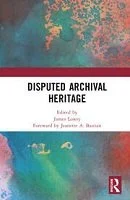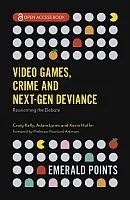By Liam O’Shea, Gonzalo Saiz & Alexia Anna Hack (RUSI); and Olivia Allison (Independent).
The research highlights the correlation between a third country’s support for or opposition to sanctions and the extent of its geopolitical alignment with senders or targets. It finds that SEA is more likely when a third country is economically reliant on the target country, has interests in engaging in SEA and has the trade and commercial capacities to do so – particularly in professional advisory, financial services, shipping and logistics sectors. In these cases, there is likely to be a significant role for a range of private commercial actors within these sectors with economic interests in engaging in SEA. This suggests that policymakers combatting SEA should prioritise economies reliant on these sectors and promote improved sector regulation and enforcement measures.
More broadly, the research suggests that focusing on the role of third countries in SEA by industry sector, rather than just by country, may help to identify more tailored countermeasures. This approach, and the specific nuances and features of particular types of SEA, enables more focused follow-on analysis and potentially more targeted policy responses.
The report examines thirteen third countries (Armenia, Cyprus, Czechia, Georgia, Indonesia, Kazakhstan, Malta, Saudi Arabia, Serbia, South Africa, Spain, Türkiye and the UAE), involved in SEA relating to sanctions imposed on Russia since the Ukraine invasion. It draws from literature, data analysis of media reports, blogs, forums and other open-source information as well as trade and shipping data, spanning from February 2022 to February 2023.
Sanctions are an important tool for exerting influence internationally yet understanding of the impact of sanctions evasion or avoidance (SEA) and third-country involvement remains limited. In this study, third countries are defined as distinct from ‘senders’ and ‘targets’ of sanctions regimes and aims to shed light on their role in SEA.
SOC ACE Research Paper No 21. Birmingham, UK: University of Birmingham, 2023. 35p.


































